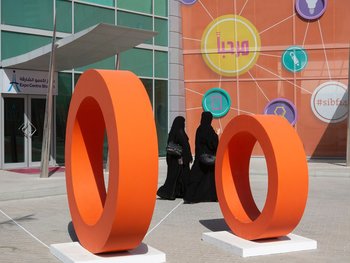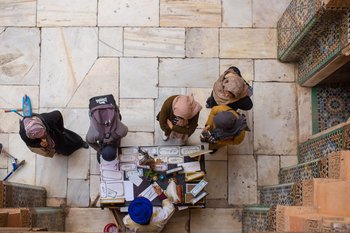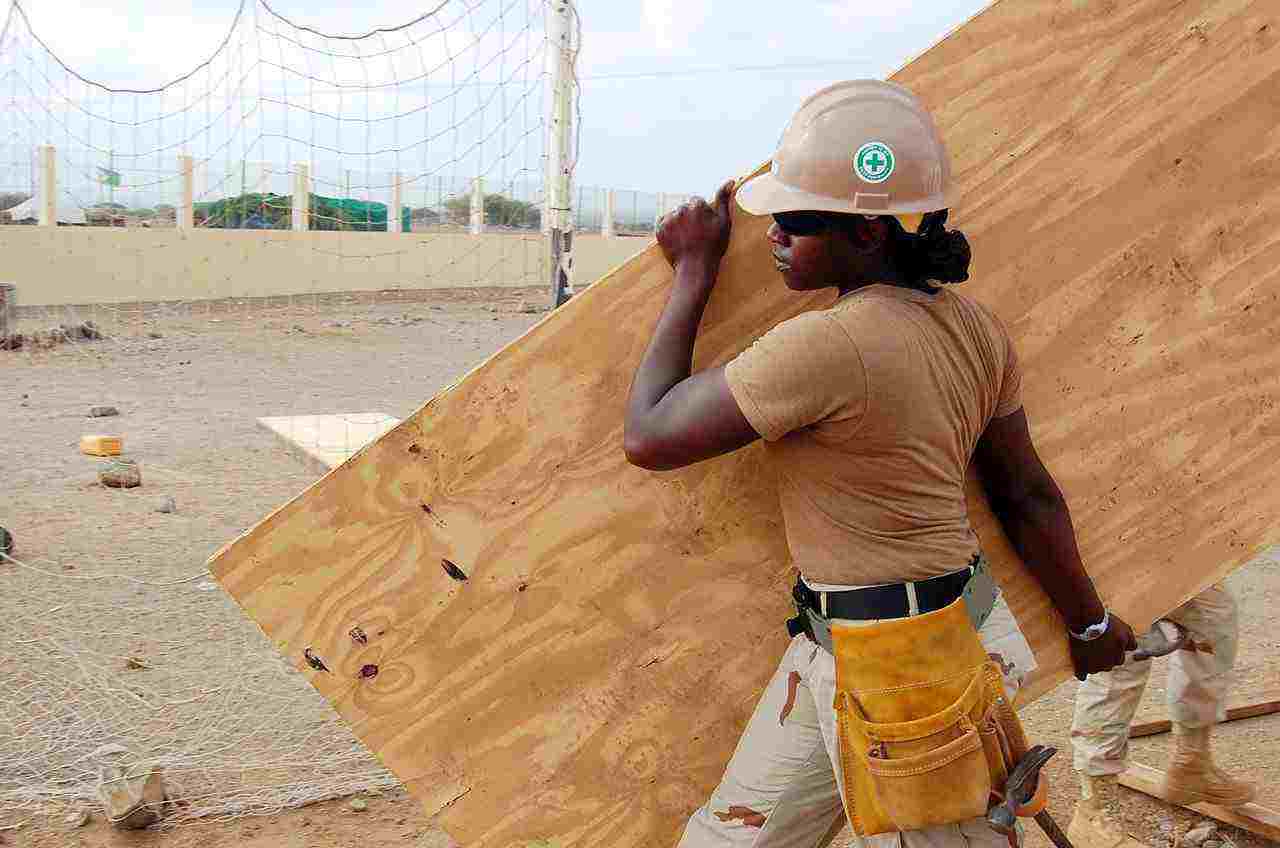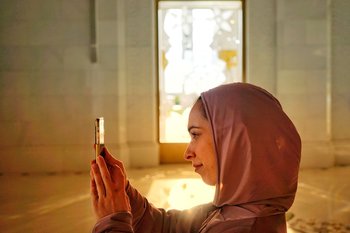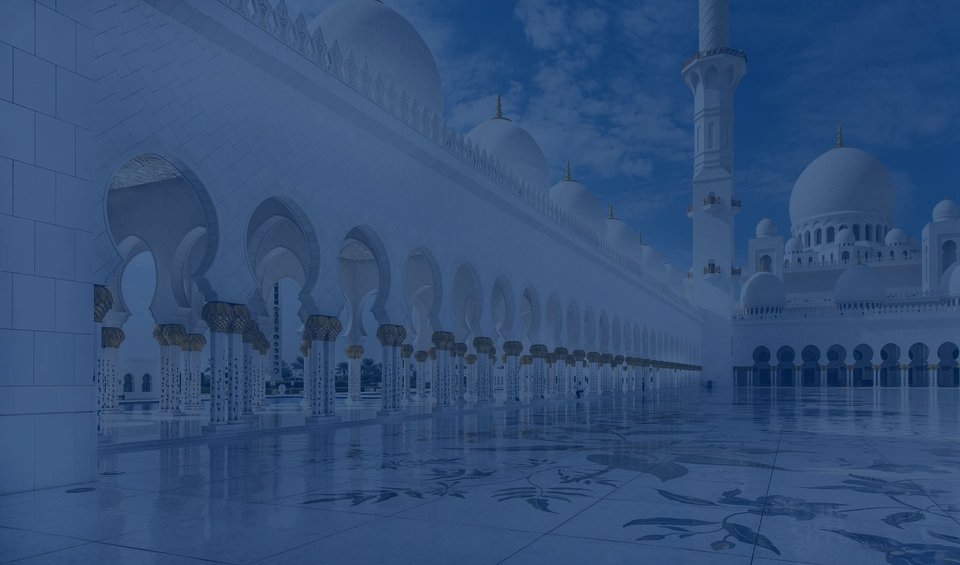How will including women in sports can help foster gender equality and cohesion
- Institutionalized masculinity is a norm in sports in particular, and can only be challenged effectively if more men begin to see women as equals
- We would likely need to see upwards of $1 billion spent annually on the sports ecosystem to see results by the 2022 Olympics in Beijing
Tahseen Consulting's COO Wes Schwalje spoke to Arab News about how Saudi Arabia can develop its national sports talent to how empower a new generation of women. You can read the full article here.
How will including women in sports help foster overall gender equality and cohesion in Saudi Arabia?
Promoting women’s participation in sports in Saudi Arabia, and other countries, requires societies to challenge socio-cultural values and ideas that promote and reinforce gender discrimination and condition women into gender stereotyped roles. In this respect, the early efforts to promote female participation in sports as early as 2012 and more recent initiatives in association with Saudi Vision 2030 are catalysts that will likely fuel a larger societal debate about equal opportunity and evolving ideas on the role of women in social, economic, and political life. Increasing opportunities for women to participate in sport is a first step, but, based on the examples of other countries, women still face gender equity issues in sports governance, media representation, and perceptions that particular sports are more suitable for men than women.
Institutionalized masculinity is a norm in several countries, in sports in particular, and it can only be challenged effectively if more men begin to see women as equals in sport and other aspects of life.
Evidence from studies, such as the World Values Survey which was last conducted in Saudi Arabia in 2013, show that this may be a hard perception to break. One potential way to fast track this process could be development of more coed sports, for example.
What does it take to train up a nation of Olympic athletes from scratch? And is it even possible for a nation that has little prior sports achievement to play ‘catch up’ with the Olympic greats?
The countries which produce the strongest Olympic athletes have well developed ecosystems to foster elite, world-class athletes.
Based on the waxing and waning performance of countries like the United Kingdom, it is certainly possible for countries to significantly enhance the performance of their Olympians and for countries like Saudi Arabia to make great progress in equalizing with countries which have historically had strong showings at the Olympics. For example, in the 1996 Olympics, the UK finished 36th with just 1 gold medal. At the 2016 Olympics, the UK finished 2nd to the US with 27 gold medals. The UK’s declining performance was largely viewed as a consequence of a deterioration in its sport ecosystem which it subsequently rebuilt from the ground up. Stories like this are the case studies countries like Saudi Arabia should look towards as inspiration.
Countries that have historically performed well in the Olympics or which overcame significant performance declines provide some guidance on critical success factors for countries like Saudi Arabia which are in the process building sports ecosystems.
A national Olympic committee that provides an aspirational vision and sufficient resources to cultivate sporting talent in sports with a high likelihood of medal winners is crucial. As are expert coaches with well-trained sports medicine specialists. Countries that perform well also typically have strong centers of sports excellence that provide training programs, equipment, and accommodation to top athletes.
In order to have a broad base of talent, sports must be promoted at the grass-roots level.
We already see Saudi Arabia making significant investments in building this grass roots ecosystem including building youth sports facilities, establishing sports awareness programs, creating community sports groups, and improving the performance of coaches through its national coaching strategy.
But building a sports ecosystem to compete at the Olympic level is not cheap. For example, the UK Olympic team received $470 million in support for the most recent Olympics in Rio. In the National Transformation Program 2020, Saudi Arabia has budgeted almost $600 million to build the foundations for a sports ecosystem by 2030. But we would likely need to see upwards of $1 billion spent annually on the sports ecosystem and supporting infrastructure to see results by the 2022 Olympics in Beijing or the 2024 Olympics in Paris.

















